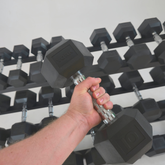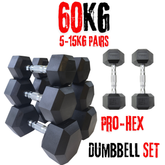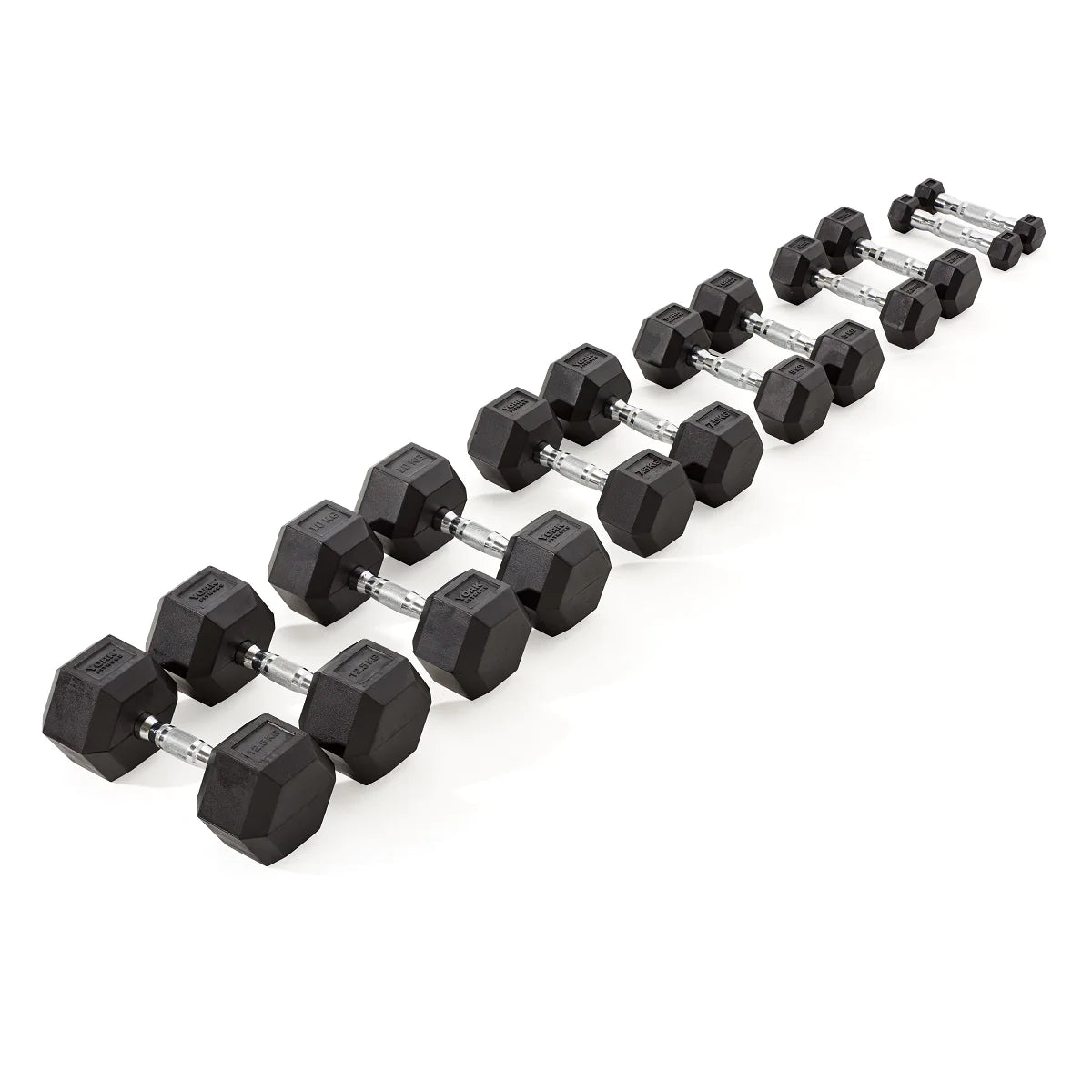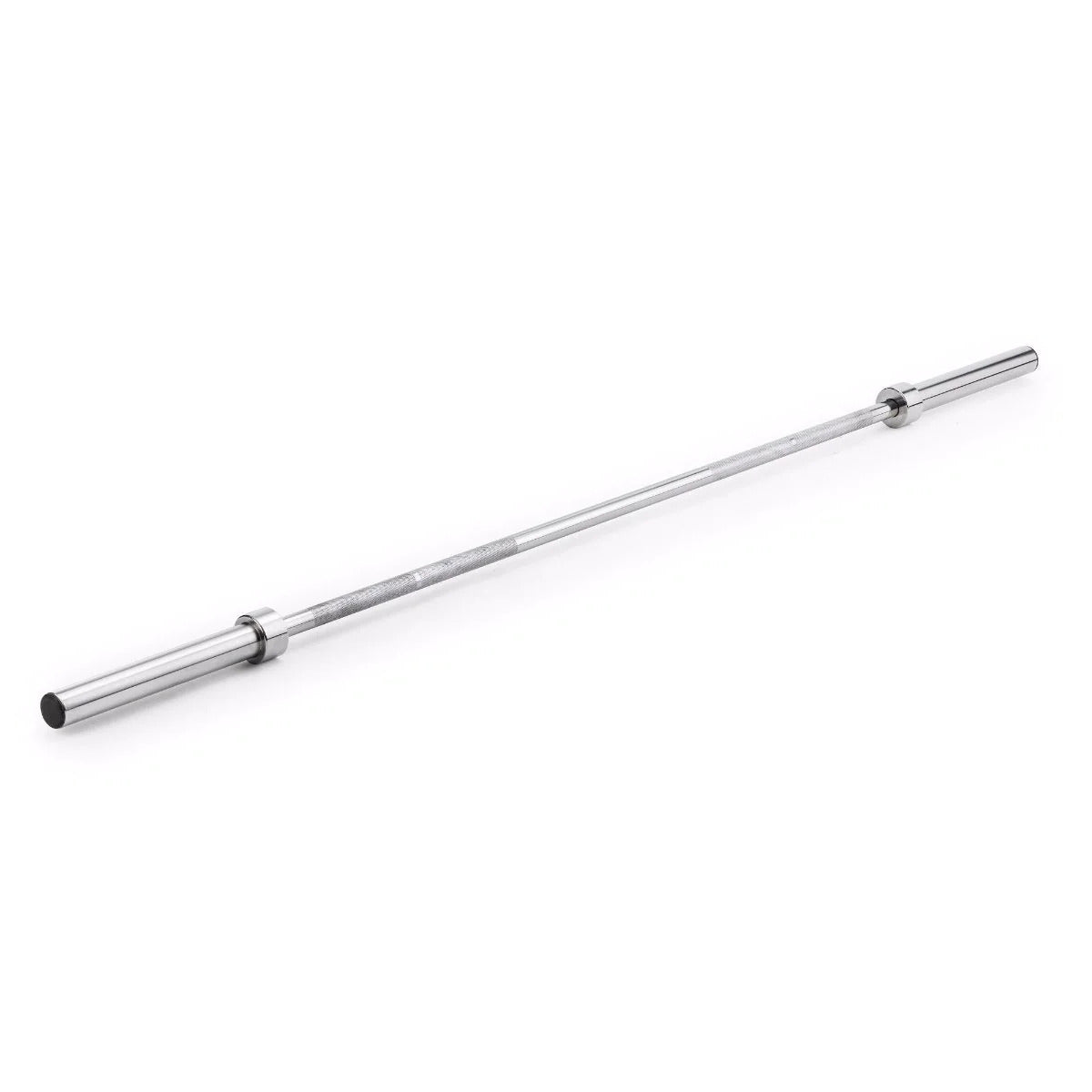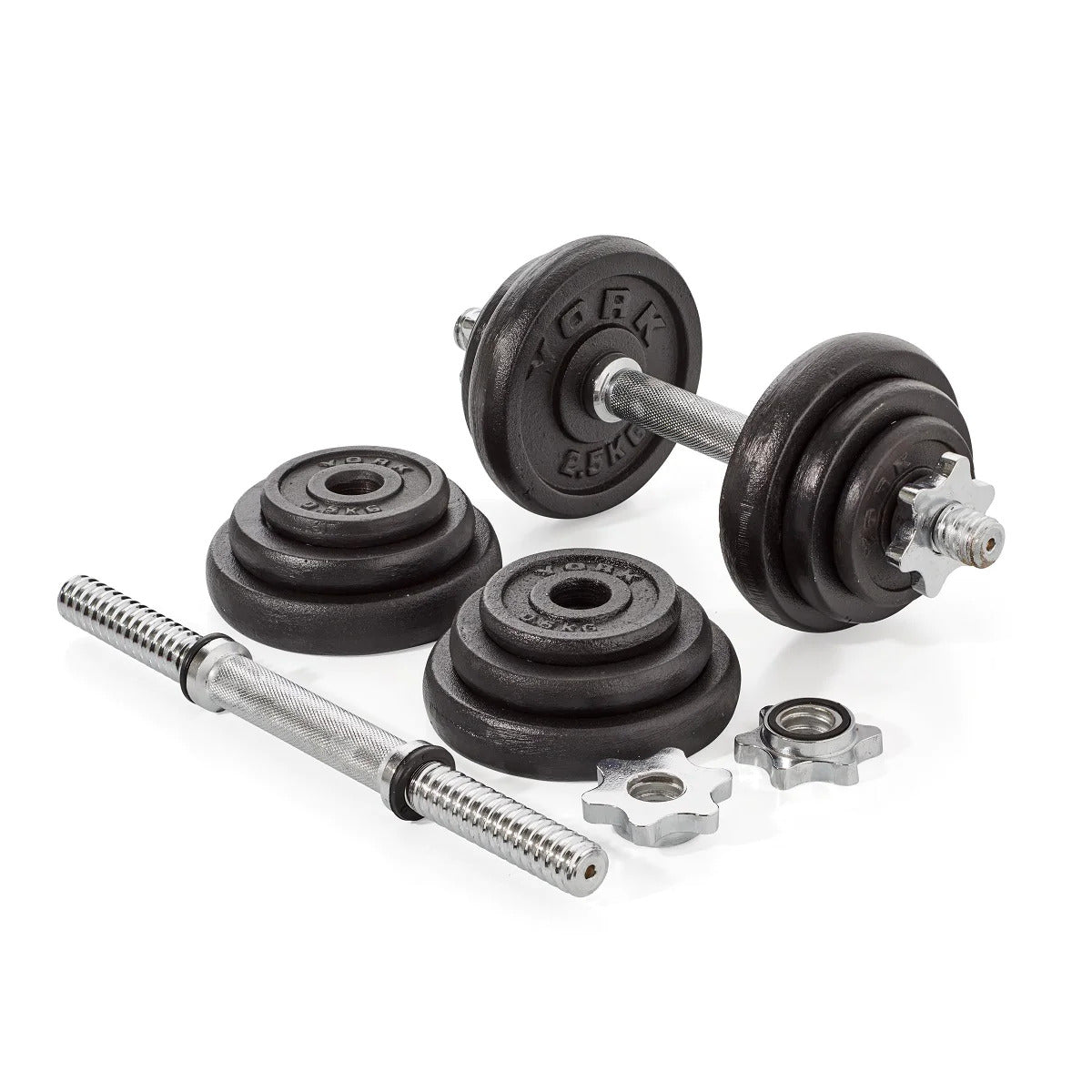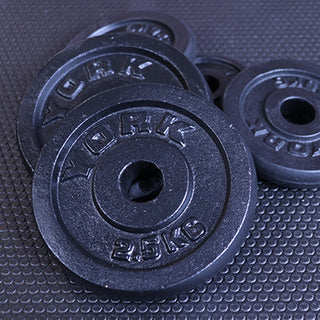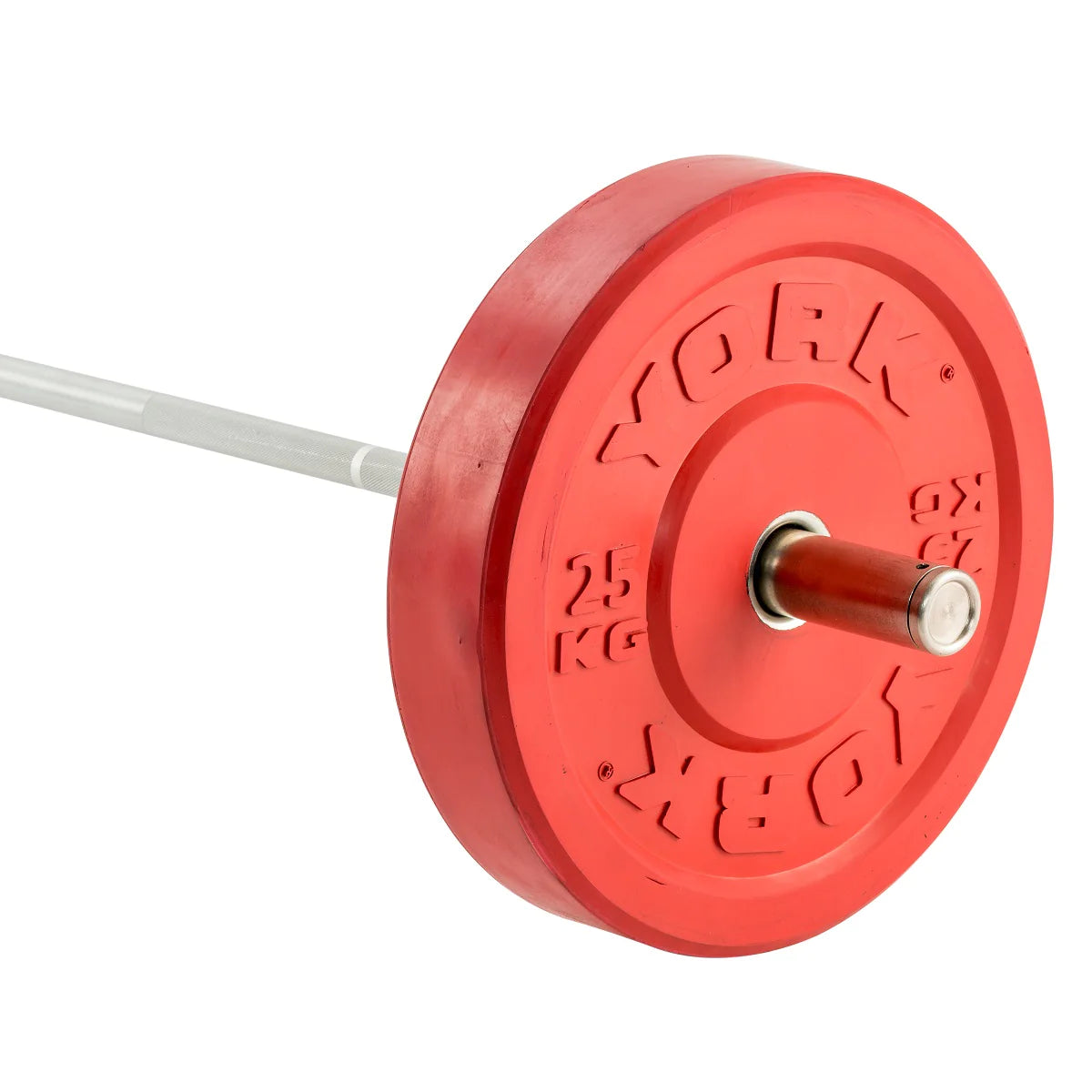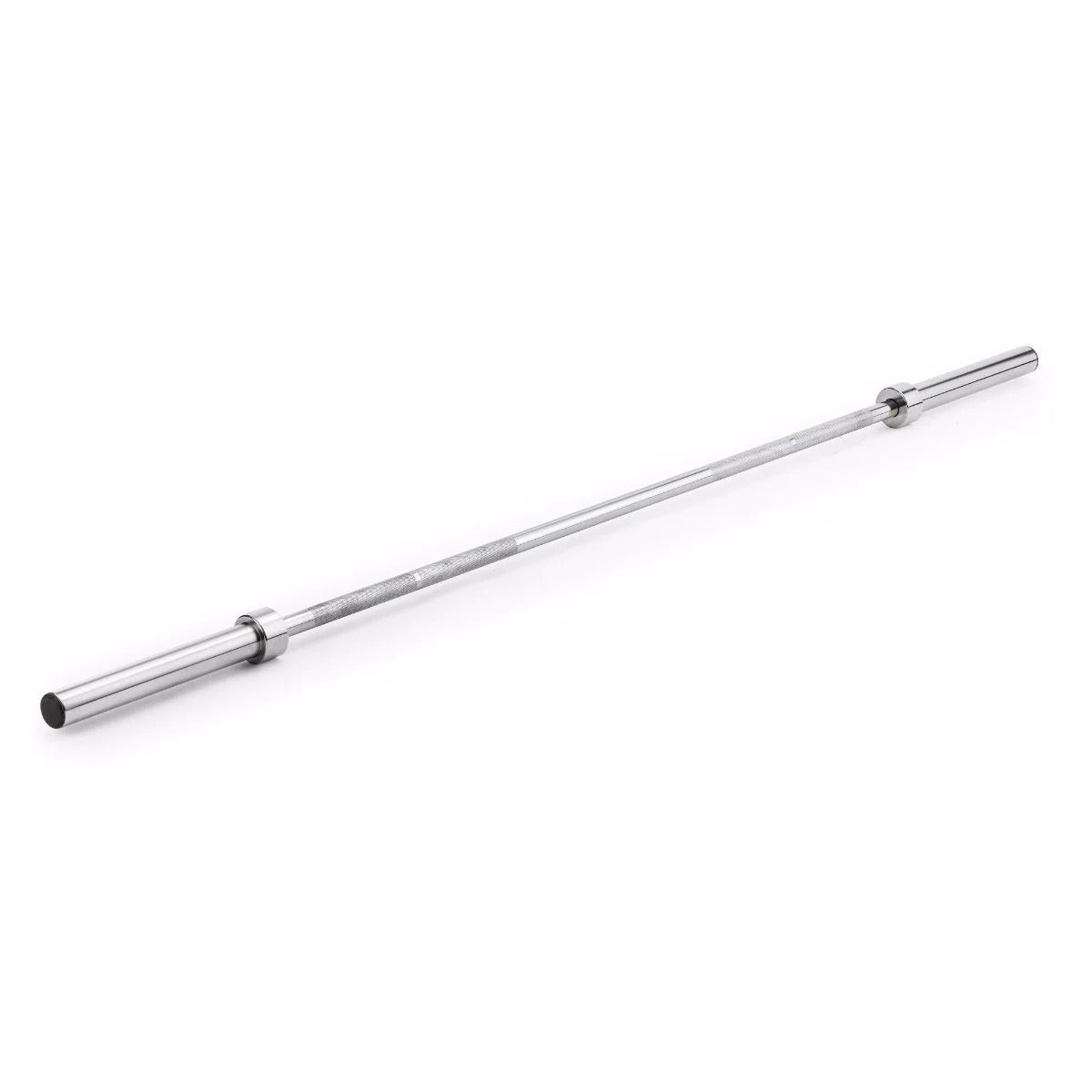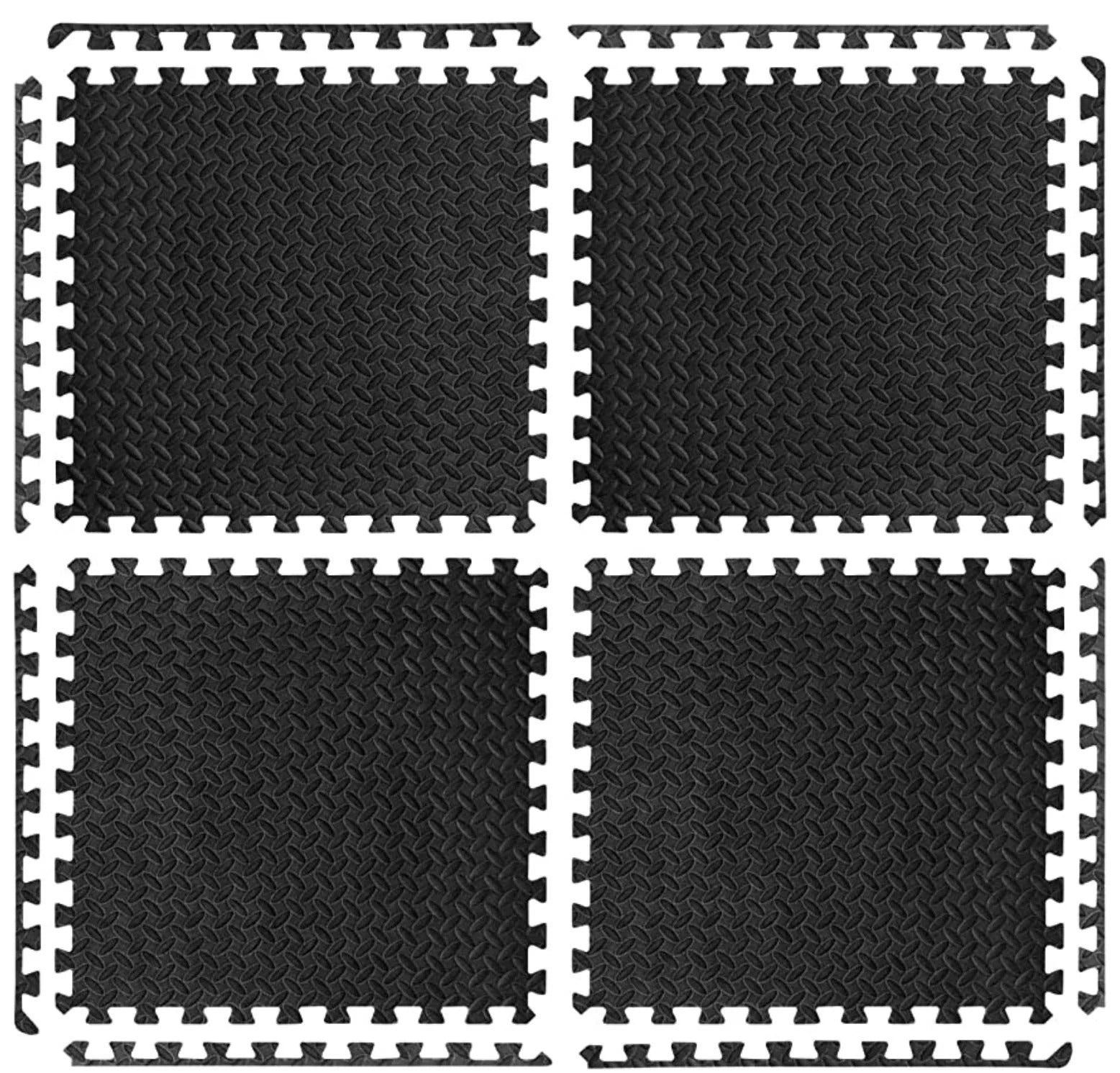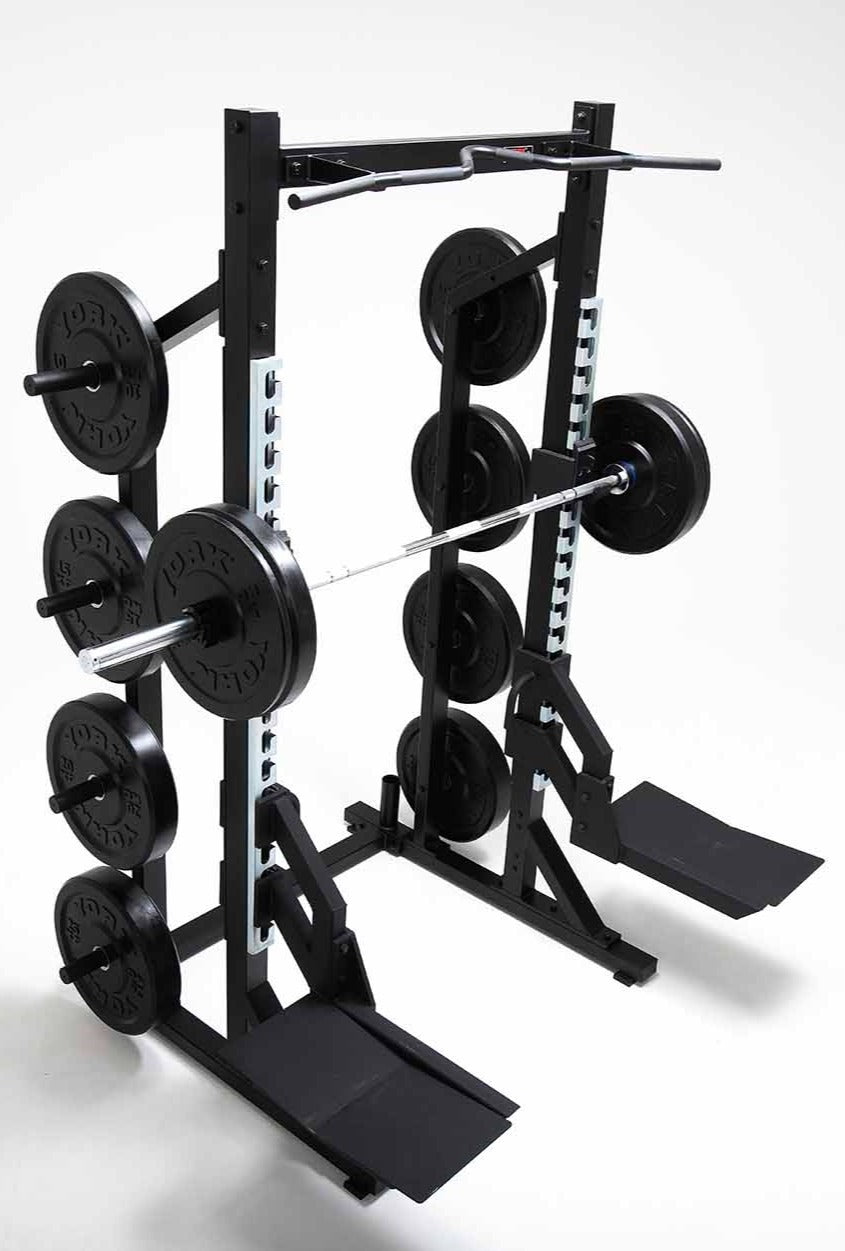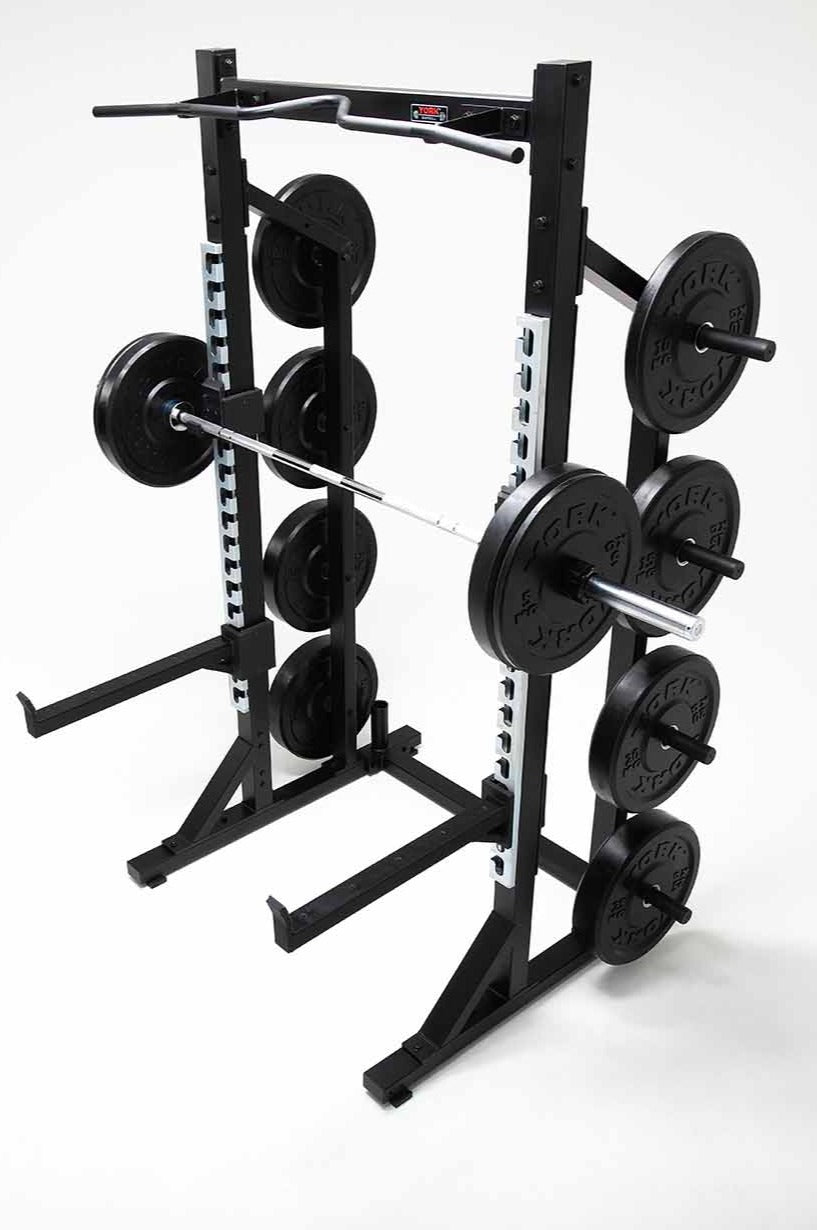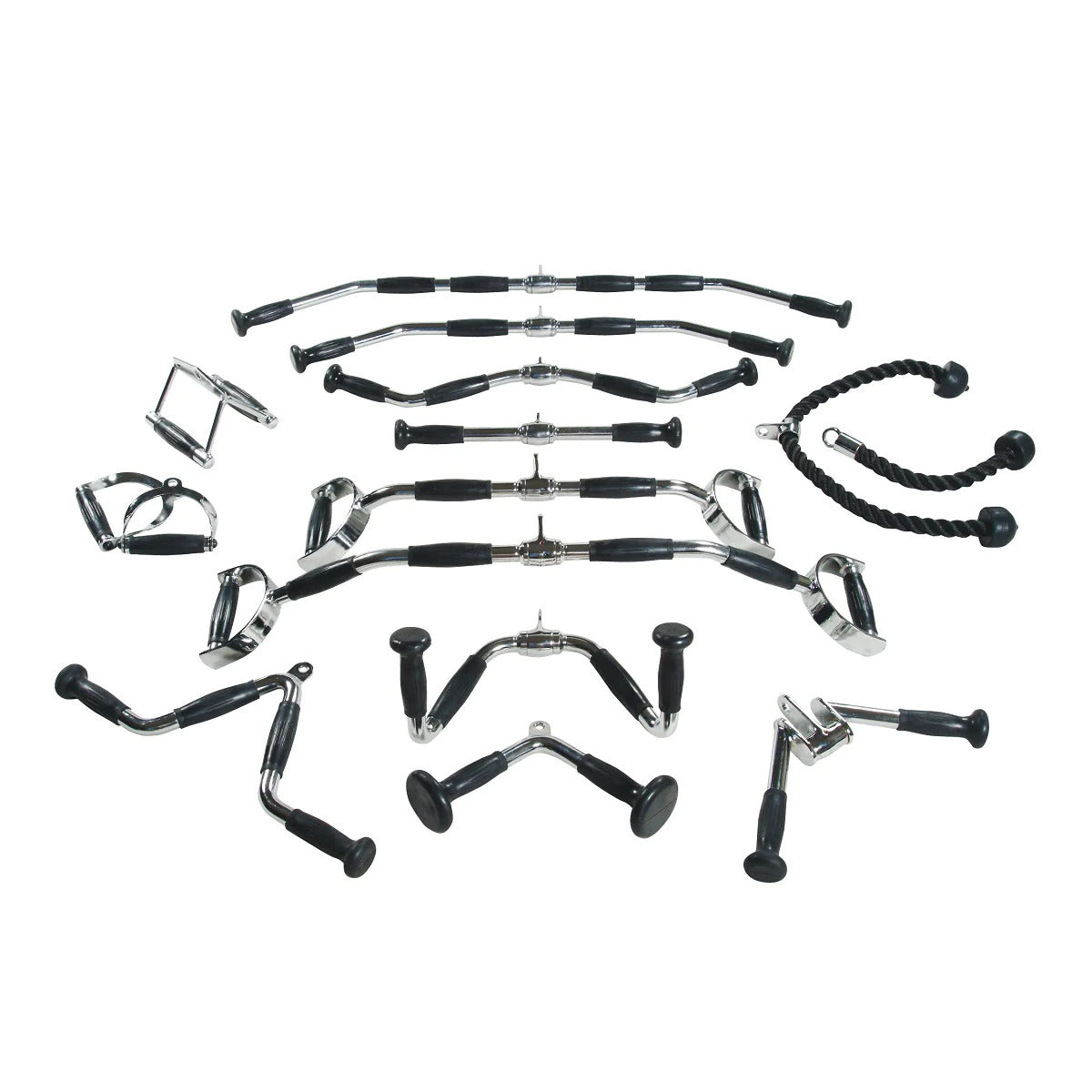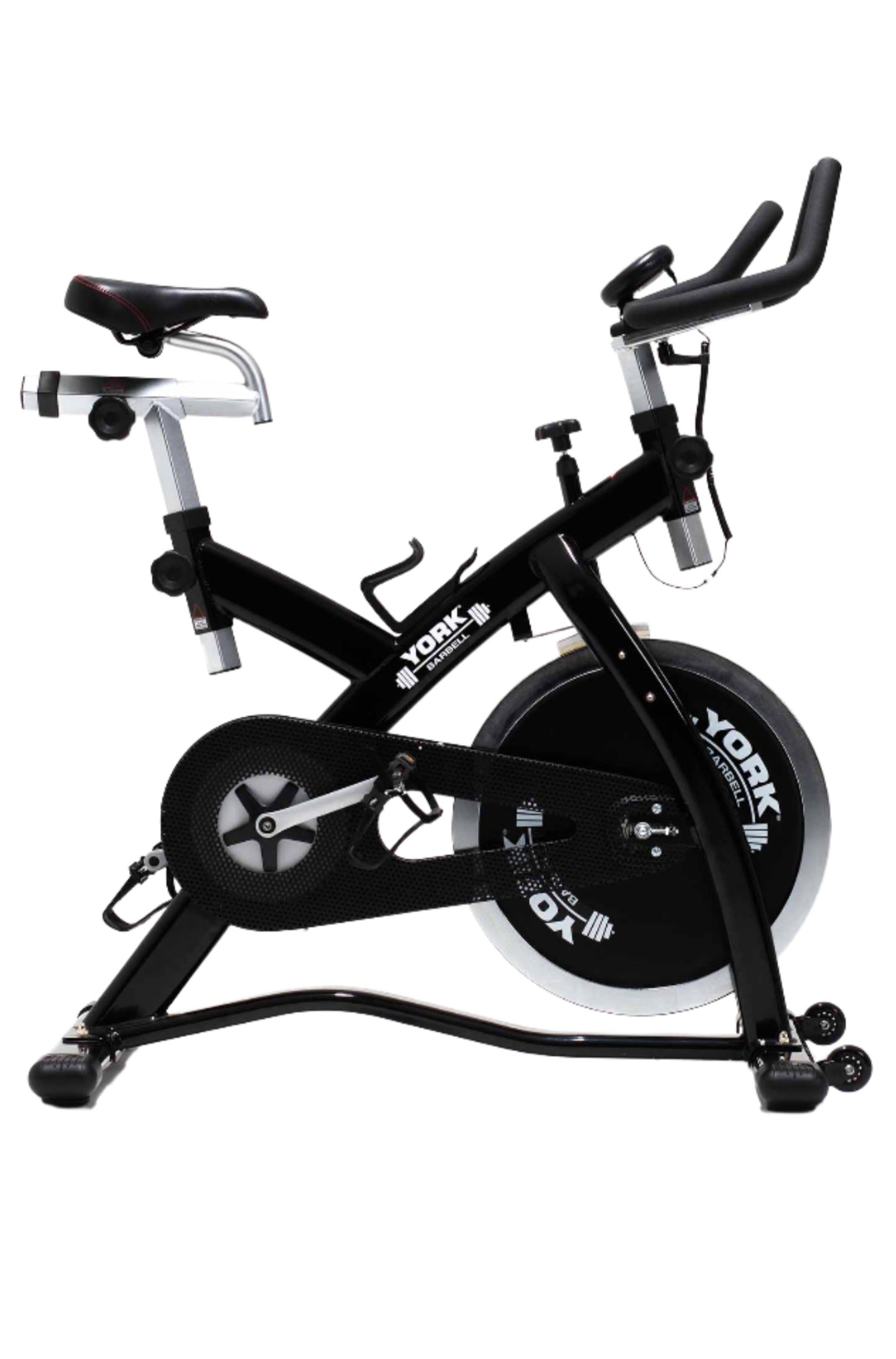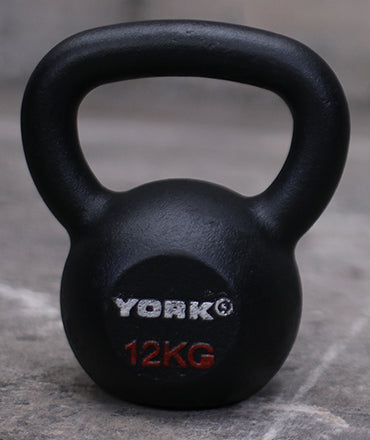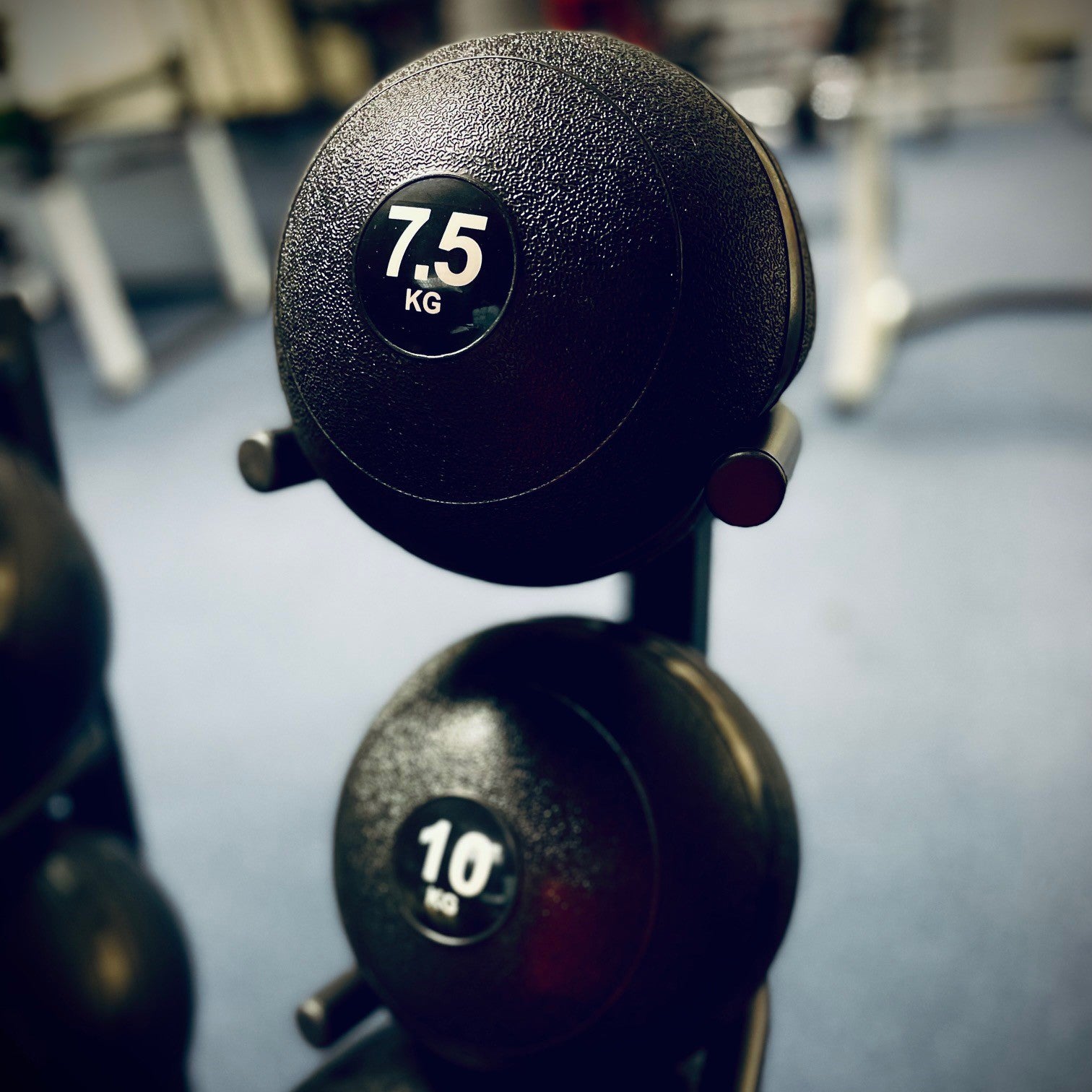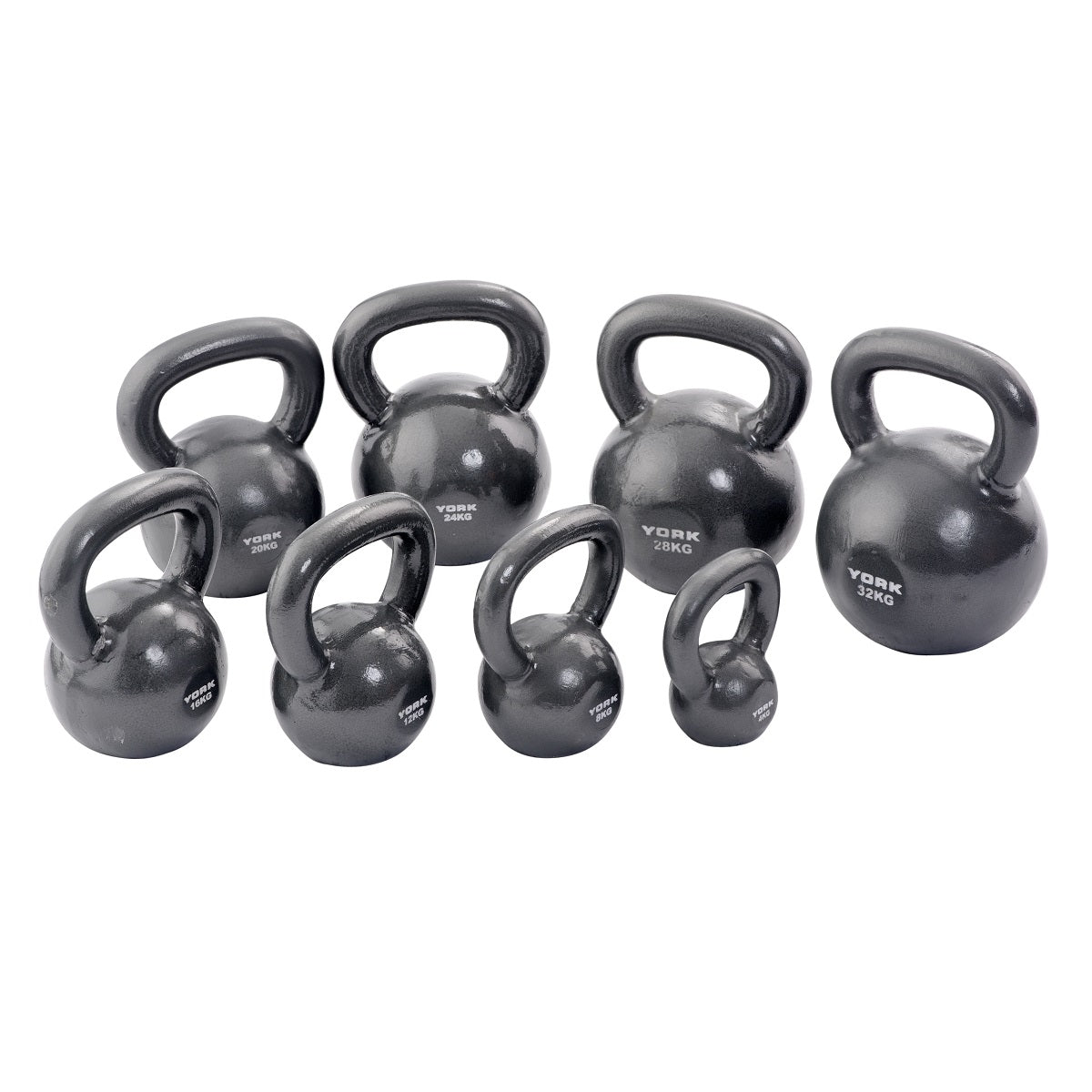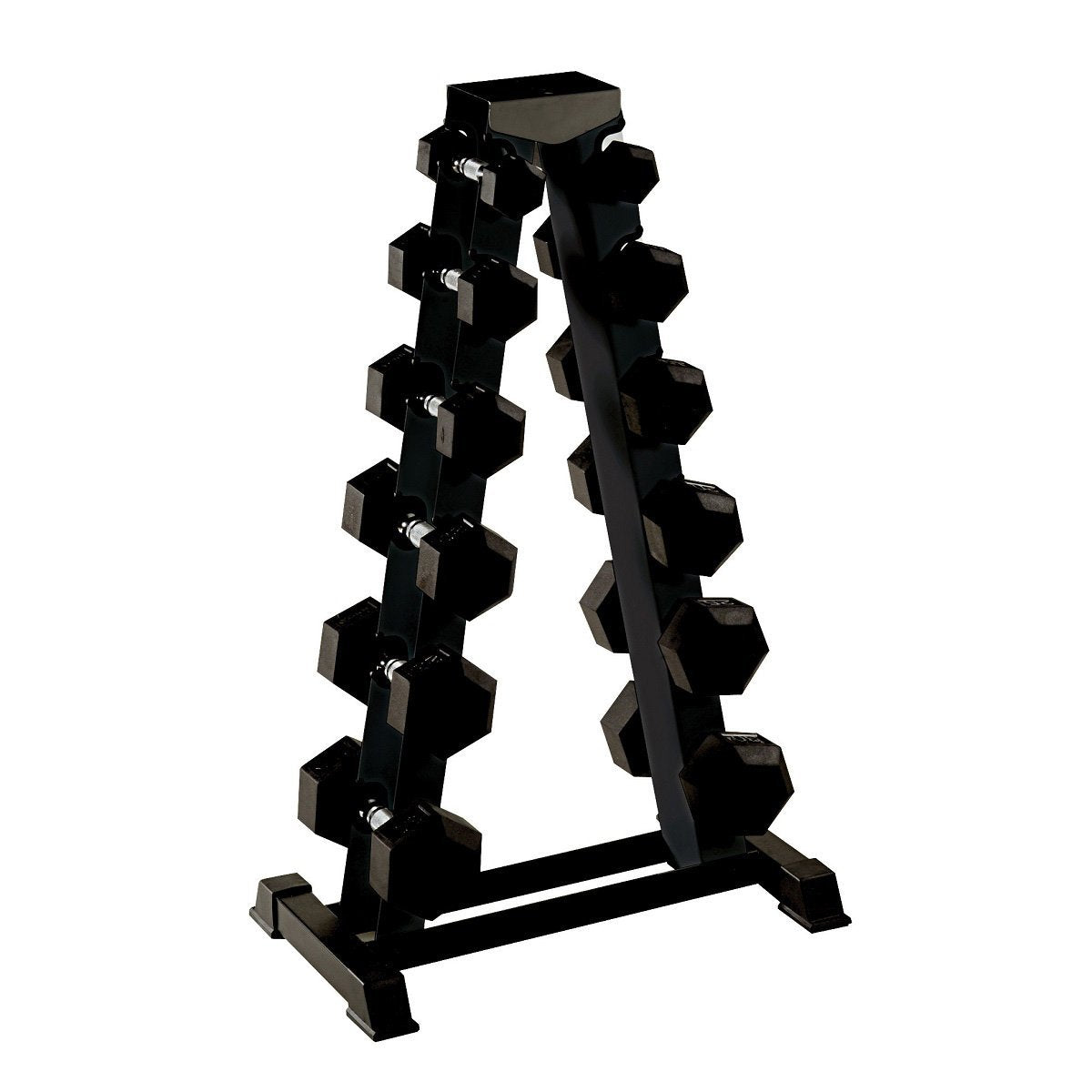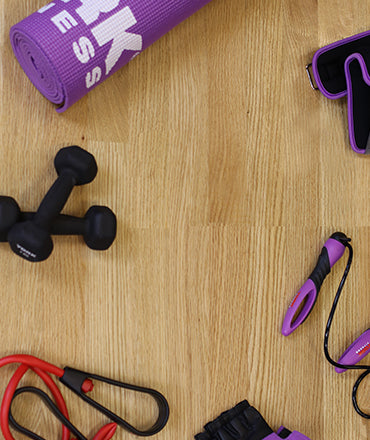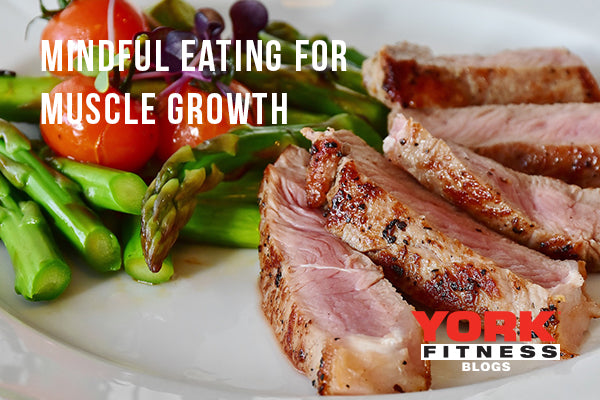In the pursuit of achieving fitness goals, especially muscle growth, the importance of nutrition cannot be overstated. While hitting the gym and engaging in intense workouts are crucial components of any fitness regimen, it's the fuel you provide your body that can make or break your progress. This article delves into the significance of nutrition in muscle growth and provides valuable insights into balanced meal planning, pre- and post-workout nutrition, and the psychology of mindful eating.
The Foundation of Muscle Growth: Nutrition Matters
Muscle growth is a complex process that requires the right blend of nutrients to support protein synthesis, repair damaged tissues, and fuel energy expenditure. Without proper nutrition, even the most rigorous workout routines may not yield the desired results. Proteins, carbohydrates, fats, vitamins, and minerals all play crucial roles in optimising muscle growth.
Balanced Meal Planning for Muscle Growth
A well-rounded diet is the cornerstone of successful muscle growth. Here's a breakdown of the essential components of a balanced meal plan:
-
Protein:
- Proteins are the building blocks of muscles. Aim for high-quality protein sources such as lean meats, poultry, fish, eggs, dairy, and plant-based options like beans and tofu.
- Distribute protein intake evenly across meals to provide a steady supply of amino acids for muscle repair and growth.
-
Carbohydrates:
- Carbohydrates are the body's primary energy source, especially during workouts. Opt for complex carbohydrates like whole grains, fruits, and vegetables to sustain energy levels.
- Timing is crucial – consume a moderate amount of carbs before workouts to fuel your training and replenish glycogen stores after workouts to support recovery.
-
Fats:
- Healthy fats play a role in hormone production, including hormones like testosterone that are essential for muscle growth. Incorporate sources such as avocados, nuts, seeds, and olive oil into your diet.
-
Vitamins and Minerals:
- Ensure your diet is rich in vitamins and minerals, particularly vitamin D, calcium, and magnesium, which contribute to bone health and muscle function.
Pre-Workout Nutrition
Eating strategically before a workout can enhance performance and set the stage for optimal muscle growth. Consider the following tips for pre-workout nutrition:
-
Timing is Key:
- Consume a balanced meal containing carbohydrates, protein, and a moderate amount of fats 2-3 hours before your workout.
- If time is limited, a smaller snack with easily digestible carbs and a source of protein can provide quick energy without causing discomfort.
-
Hydration:
- Staying hydrated is crucial for optimal performance. Dehydration can lead to fatigue and hinder your ability to push through a challenging workout.
-
Supplementation:
- Depending on individual needs, consider supplements like caffeine for increased alertness or branched-chain amino acids (BCAAs) to support muscle protein synthesis.
Post-Workout Nutrition
After an intense workout, the body is primed for nutrient absorption and muscle repair. Prioritise the following aspects of post-workout nutrition:
-
Protein Intake:
- Consume a protein-rich meal or shake within 30 minutes to an hour after exercising to kickstart muscle recovery.
- Whey protein is a popular choice due to its rapid absorption, but other protein sources can also be effective.
-
Carbohydrate Replenishment:
- Replenish glycogen stores by including carbohydrates in your post-workout meal. This helps restore energy levels and prepares the body for the next training session.
-
Hydration:
- Rehydrate with water or an electrolyte-rich beverage to replace fluids lost during the workout.
The Psychology of Mindful Eating
In the fast-paced world we live in, it's easy to overlook the importance of being present and mindful while eating. Mindful eating involves paying attention to the sensory experience of eating, being aware of hunger and fullness cues, and making conscious food choices. This approach to eating can positively impact your relationship with food and, consequently, your fitness goals. Here's how mindful eating can contribute to muscle growth:
-
Savouring the Moment:
- Slow down and savour each bite. Appreciate the flavours, textures, and aromas of your food.
- Engaging your senses during meals can enhance the satisfaction derived from eating, reducing the likelihood of overeating later.
-
Listening to Your Body:
- Pay attention to your body's hunger and fullness signals. Eat when you're hungry, and stop when you're satisfied.
- Mindful eating helps prevent mindless snacking and promotes a healthier relationship with food.
-
Reducing Stress:
- Chronic stress can negatively impact muscle growth and overall health. Mindful eating can be a tool for stress reduction, as it encourages a focus on the present moment rather than worrying about past or future events.
-
Making Informed Food Choices:
- Mindful eating involves making conscious choices about what and how much to eat. This can lead to better food selections that align with your fitness goals.
Conclusion
Achieving muscle growth involves a multifaceted approach, with nutrition playing a pivotal role. By adopting a balanced meal plan, prioritising pre- and post-workout nutrition, and embracing mindful eating, you can optimise your efforts in the gym and see greater gains over time. Remember, building muscle is not just about lifting weights; it's about providing your body with the right fuel and respecting its signals. Combine the power of nutrition and mindfulness, and watch your fitness journey transform.
